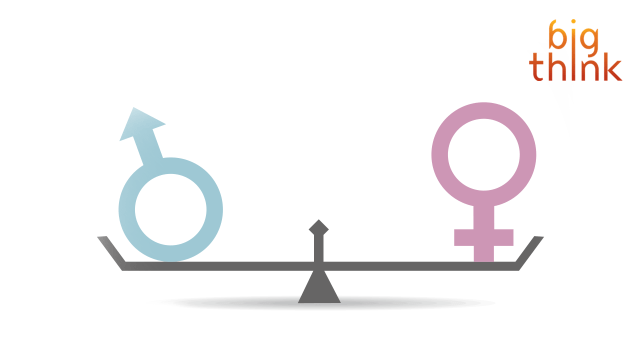Extraordinary Experiences Are Socially Isolating (So Next Time, Take a Friend)

Think twice before motorbiking across India or seeking out other extraordinary experiences, say a team of Ph.D. students studying the effects of great experience on conversation. Having a much more interesting time with life than your peers is a recipe for social isolation, according to their report published in Psychological Science. In an experiment which supported the group’s conclusion, individuals given a very interesting video to watch later felt excluded when the majority of the group had watched a far more boring video. Contrary to what the people who watched the interesting video expected, conversation seems to thrive on the mundane.
“Participants expected an extraordinary experience to leave them feeling better than an ordinary experience at all points in time,” the authors wrote. In other words, we think seeing or doing amazing things will make us feel better than people who haven’t; it actually makes us feel worse.
A similar study reports that experiencing intense events with another person, even if they are a stranger, results in yet a more intense experience whether it’s eating a piece of chocolate or jumping out of an airplane. So if you are set on having a great time, do it with another person. You’ll have a fuller experience and have someone to talk to about it.
In his Big Think interview, writer Robert Stone recounts some of the harrowing adventures he took on his path toward recounting them on the page:
Read more at the Atlantic
Photo credit: Shutterstock



